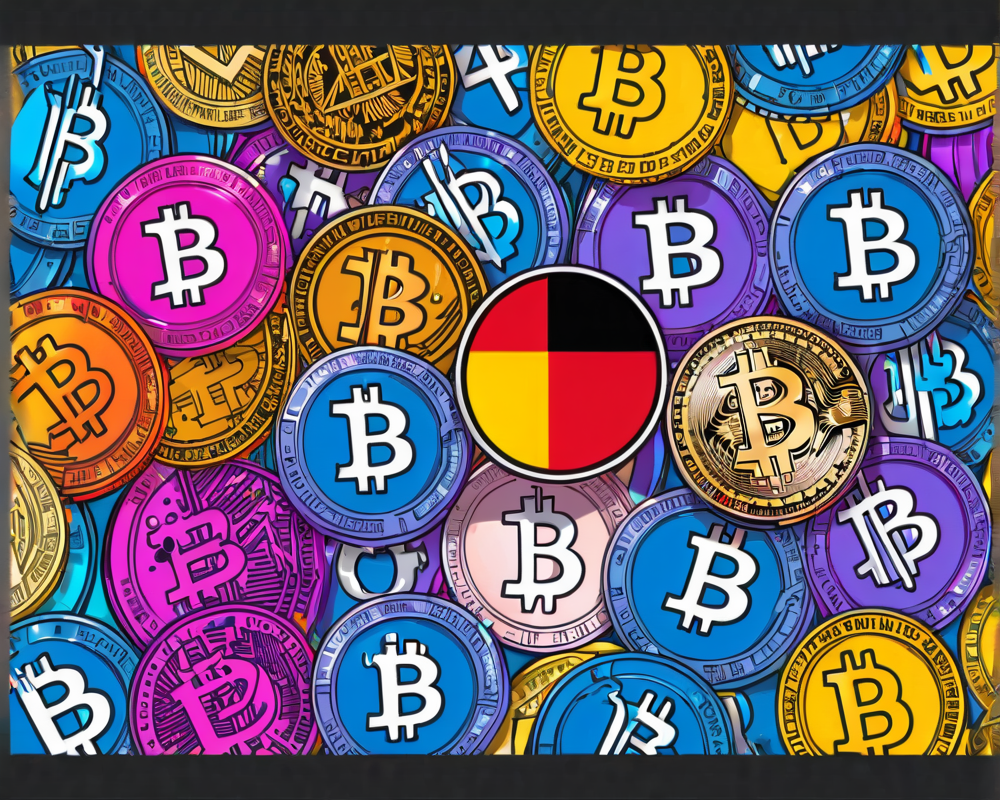Privacy Tokens Under Scrutiny
The German Federal Ministry of Finance has raised a red flag regarding the escalating use of privacy tokens. Their concern? A budding connection between these tokens and criminal enterprises, along with the daunting challenge of tracking them. Just imagine trying to find a needle in a haystack while blindfolded and with one arm tied behind your back—welcome to the world of crypto tracking!
Decoding Token Types: Pseudo-anonymous vs. Anonymous
The ministry’s report, released on October 19 as part of a broader risk assessment, elaborates on two classes of tokens: pseudo-anonymous and anonymous. In layman’s terms, pseudo-anonymous tokens allow trackers to analyze transactions that flow through public blockchains. Think of it like peering through a one-way mirror; you can see the reflection but not the person behind it.
On the flip side, fully anonymous tokens, like Monero (XMR) and Zcash (ZEC), are akin to pulling the curtains closed in a locked room—how can you keep tabs on a transaction that nobody can see? This kind of opacity can foster illegal activities, prompting the Ministry’s call for tighter oversight. Though currently low in market value, these coins are quietly gaining traction on the darknet, potentially positioning themselves as alternate options to Bitcoin (BTC).
Stablecoins and Their Double-Edged Sword
The report also takes a stab at stablecoins, which are known for their pegged prices. While they currently spark less concern in terms of financing terrorism (TF), there’s a lurking fear they might play a more prominent role in money laundering and TF as they gain popularity. These coins could add a unique twist, maintaining value stability—a trait that might just make them appealing to ill-intentioned users.
Cash: The Old-Dog That Still Barks
Meanwhile, cash continues to assert itself in the discreet transfer of funds, particularly in terrorism financing. The report brings attention to how cash transactions do not leave a traceable digital footprint. This makes traditional methods like cash couriers, hawala, and other remittance services still the go-to for many looking to keep their activities under wraps.
Regulatory Response: Everyone’s Got to Play by the Rules
On a related note, Kenneth Blanco, the Director of the U.S. Financial Crimes Enforcement Network (FinCEN), chimed in on October 21. He emphasized that fintech firms that offer anonymity to cryptocurrency users must comply with anti-money laundering (AML) laws, just as everyone else does. It’s a no-nonsense wake-up call to those trying to operate outside the lines. After all, in the wild, wild west of cryptocurrencies, it seems that the sheriff is always watching.
Conclusion
As privacy tokens spiral in usage, the German Finance Ministry calls for a deeper dive into the murky waters of crypto. With regulators on high alert, the landscape of digital currencies may see significant shifts to ensure financial safety and accountability.




